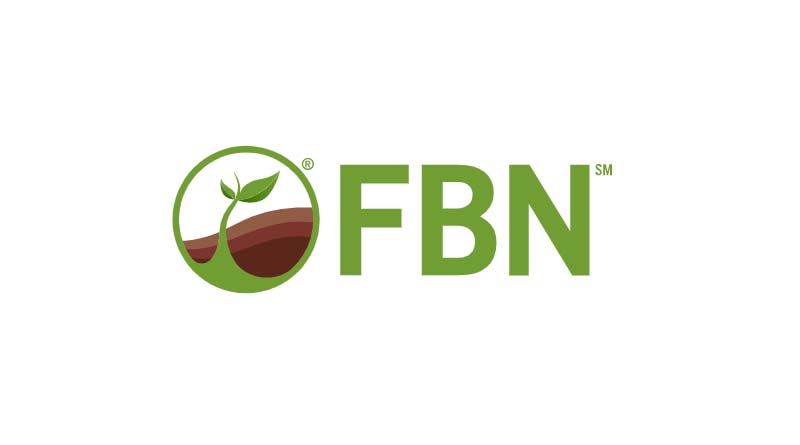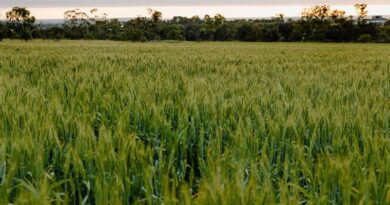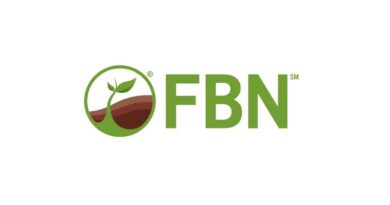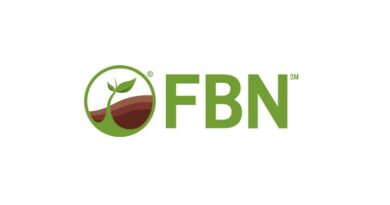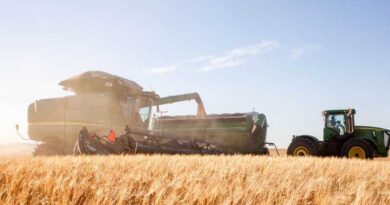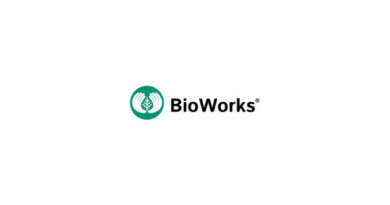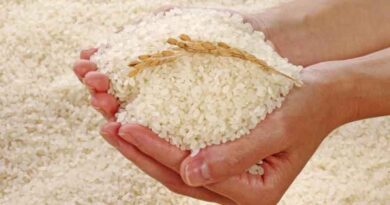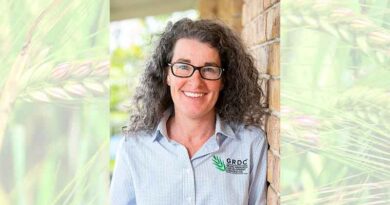Maximize Your Farmland Sale Proceeds with a 1031 Exchange Sale
10 June 2023, US: As a farmer, you’ve worked hard to build a successful farming business — but have you considered what will happen to your farm if and when you are ready to sell?
Selling farmland can often have significant tax implications, which may reduce the proceeds earned from the transaction. A 1031 exchange sale for farmland can help mitigate this challenge.
What Is a 1031 Exchange Sale?
A 1031 exchange, also known as a like-kind exchange, is a provision in the U.S. tax code that allows taxpayers to defer capital gains taxes when selling one investment property and acquiring another like-kind property.
In this scenario, your farm could qualify as an investment property. If you elect to sell your farm via the 1031 exchange route you may be able to defer the capital gains tax on that sale, which has the potential to be a significant amount of money.
It is important to note that in order to qualify as a 1031 exchange sale these sale proceeds must be used to purchase a “like-kind” property. Very generally speaking, this is defined as another investment property that generates income for the owner, such as rental housing properties, retail stores or storage sites.
What Are the Benefits of a 1031 Exchange Sale?
This has numerous potential benefits to consider, including:
1. Succession & Estate Planning
A 1031 exchange sale can be a valuable tool for farmers concerned about estate planning and preserving wealth for future generations, especially for those whose family may not be interested in continuing to farm.
By deferring capital gains taxes through a like-kind exchange, farmers may be able to pass on a larger estate to their heirs. This helps maintain the family legacy and can maximize the available resources for the next generation.
2. Efficient Operation Location Change
In some cases, farmers may want to relocate their operations to a more favorable location or upgrade to more productive farmland. By utilizing a 1031 exchange sale, they can sell their current land and acquire a new property that better suits their farming needs. This helps them to optimize their operations, improve crop yields or explore new agricultural practices without incurring immediate tax burdens.
3. Income Diversification
Farmers may decide to sell parcels of their land as part of a strategic plan to diversify their holdings. Through a 1031 exchange sale, they can sell their farmland and reinvest the proceeds into other types of real estate, such as commercial properties or residential rentals. This flexibility helps enable farmers to adapt to changing market conditions, maximize potential returns and diversify their investment portfolios.
Get 1031 Exchange Guidance from FBN® Finance Advisor Partners
Through the 1031 exchange sale process, farmers may be able to defer paying taxes on the capital gains realized from a sale of their land; this deferral often allows individuals to retain more of the proceeds from the sale.
Clearly, the use cases for this product have the opportunity to be very valuable to a farmer — navigating the U.S. tax system can be complex and intimidating.
FBN Finance has partnered with knowledgeable advisors ready to help guide you through this process. They even have the capability to help identify and source properties to invest in. Call 866-619-3080 or fill out the form below to speak to a member of our team today about our offerings or to connect with one of our advisor partners.
Also Read: Dhanuka Agritech further strengthens its herbicide portfolio with two new selective herbicides
(For Latest Agriculture News & Updates, follow Krishak Jagat on Google News)

